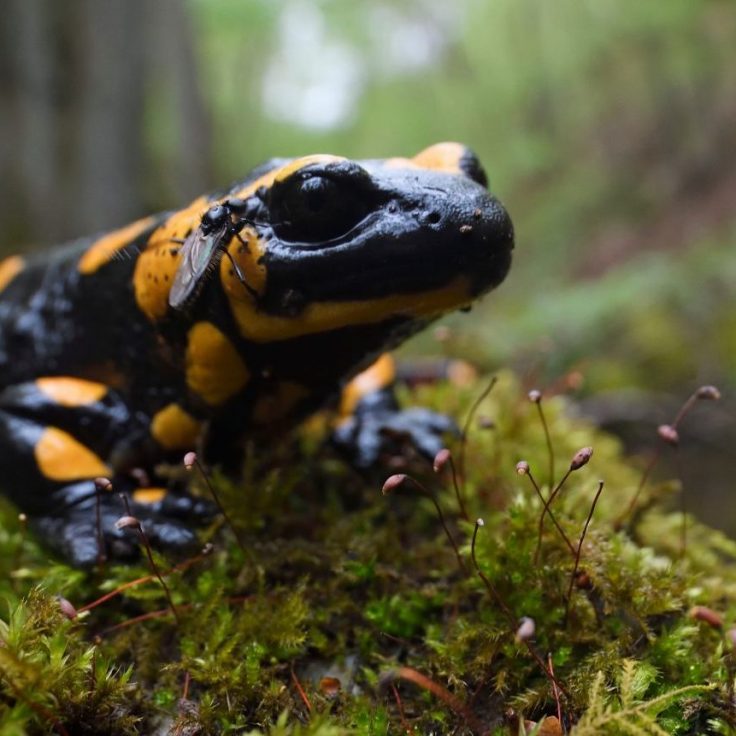UF Alumna Reaches New Heights at Kitt Peak National Observatory
Michelle Edwards to lead as associate director of the preeminent astronomical center
UF astronomy alumna Michelle Edwards has been announced as associate director of Kitt Peak National Observatory. As a leader of the most diverse collection of astronomical observatories on Earth, Edwards will advance the quest to uncover the secrets of our solar system.

Edwards, who received her PhD from UF in 2008, joins a team of scientists working on the Mid-Scale Observatories program for NSF’s NOIRLab (National Optical-Infrared Astronomy Research Laboratory). Launched in 2019, NOIRLab is a major NSF initiative unifying all of NSF’s nighttime observatories into one organization. Home to two radio, three major nighttime and 22 additional optical telescopes, Kitt Peak is widely recognized as a top-ranked research facility and collaborative center for educational institutions. The famed observatory also supports a robust visitor center to educate the public.
Edwards will oversee operations at Kitt Peak in her new role, requiring her to coordinate various teams and manage a multitude of telescopic equipment. During her time at UF, Edwards was involved in the Department of Astronomy’s instrumentation program, which prepares students for careers building and overseeing the development of instruments. Edwards’ thesis work involved the design of an instrument for the Gran Telescopio CANARIAS, one of the world’s largest and most advanced optical and infrared telescopes.
After she graduated from UF, Edwards worked at one of the world’s largest international observatories: the Gemini Observatory in La Serena, Chile. Edwards served as project lead during the commissioning of the Gemini South Adaptive Optics Imager (GSAOI), used to support Gemini’s state-of-the-art optics system.
Edwards then went on to work at the Large Binocular Telescope Observatory in Tucson, Arizona, where she most recently managed the technical initiatives of the observatory. Edwards supported the observatory’s efforts for nearly a decade before accepting her new position at Kitt Peak.
As a research complex, Kitt Peak has been a hub for notable astronomic discoveries over the past 60 years. The first evidence of dark matter was discovered there. Most recently, as of June 2021, an extensive study of exoplanets is underway. A new cutting-edge spectrometer will observe the sky from Kitt Peak, hunting for Earth-like planets elsewhere in the Milky Way.


